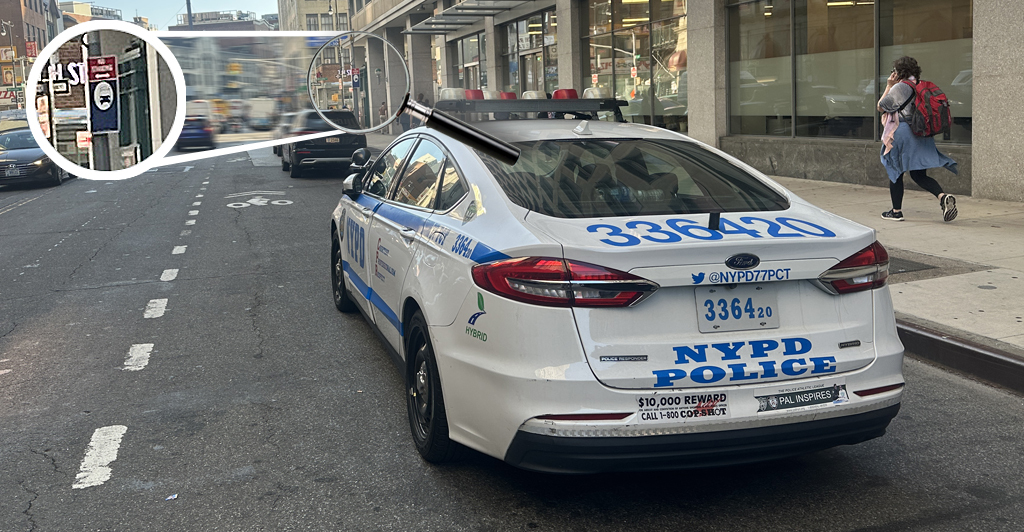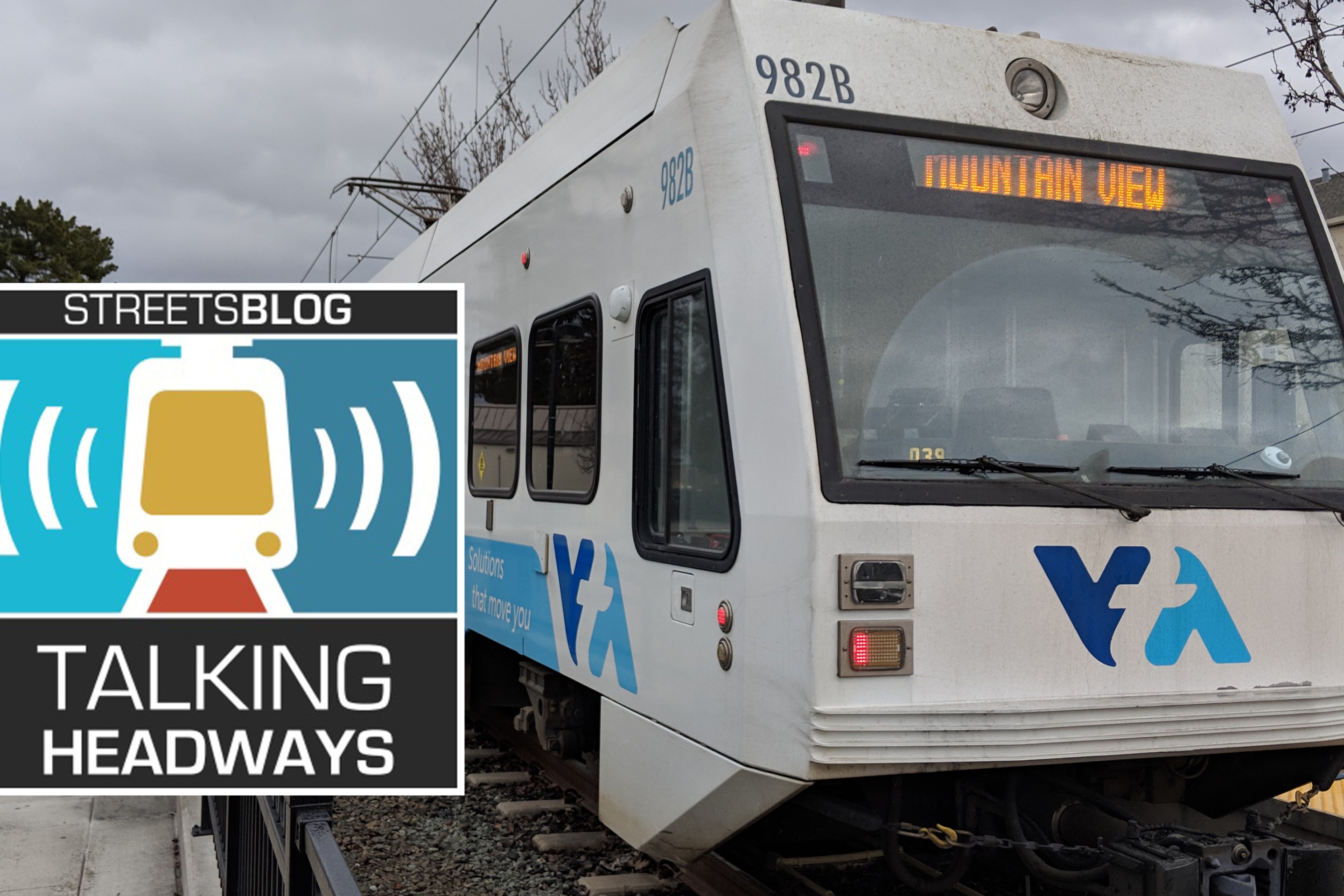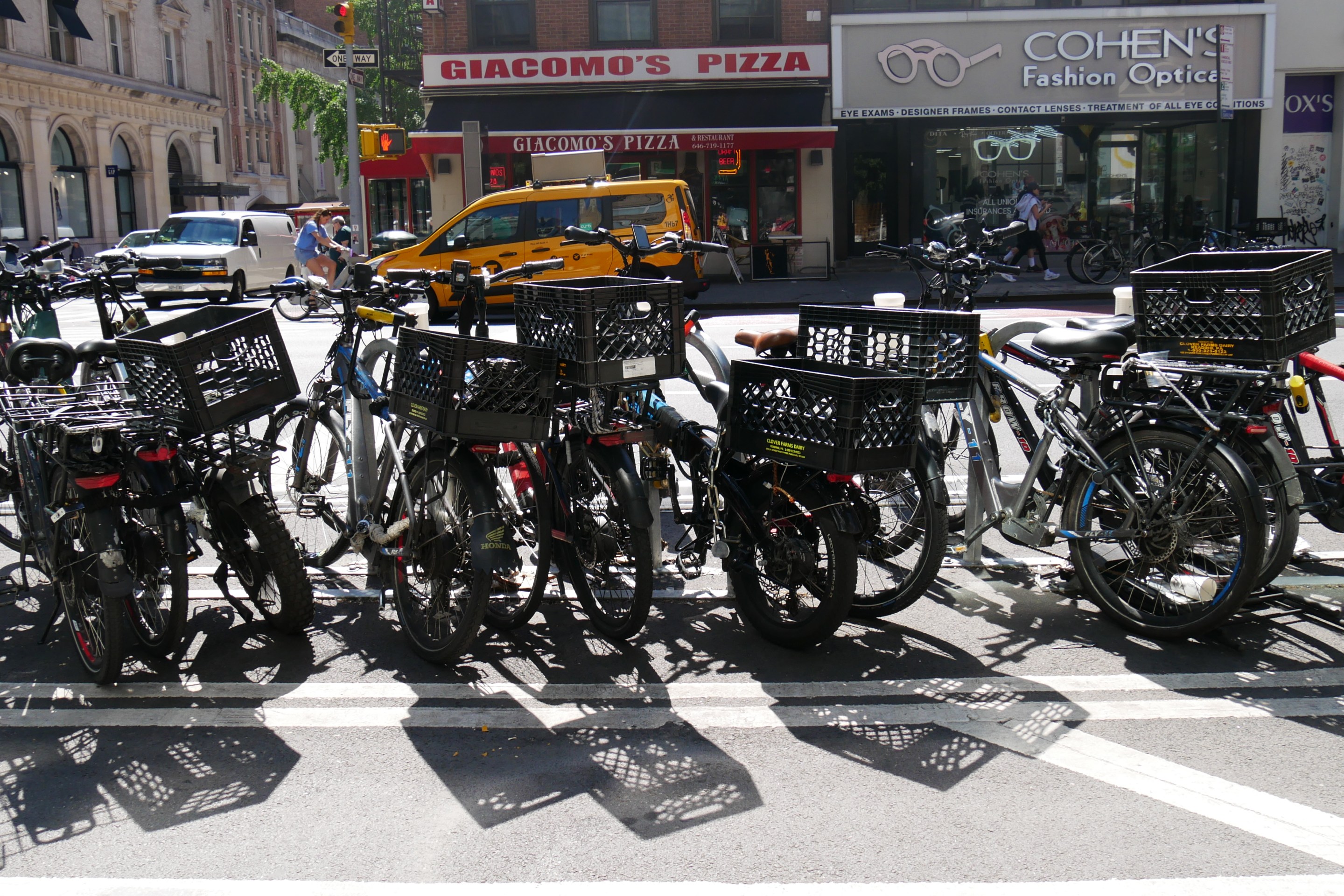Americans who commute by transit could be in for a tax hike if Congress doesn't act soon.
We've reported before that a law which extended the maximum monthly tax deduction for transit riders from $120 to $230 will expire in January. The expanded benefit for bus and rail commuters was enacted as part of the stimulus bill, bringing tax incentives for transit riders in line with the those given to car commuters for parking.
Now it's up to a lame duck Congress to extend the measure, and advocates including Transportation for America and the Tri-State Transportation Campaign are pressing Congress to preserve it. Tri-State's Steven Higashide writes at Mobilizing the Region:
Research by TransitCenter, a nonprofit which administers the transit benefit in our region, suggests transit ridership could fall by 9% among benefit users. Writing in the Connecticut Post last week, TSTC federal advocate Ya-Ting Liu warned against going back to a status quo where workers get a bigger tax break for driving. “The disparity between the two benefits pushes people away from transit, squeezes the pocketbooks of those who keep taking transit and encourages people to drive to work even if they have viable transit options,” she wrote.
There are two ways federal lawmakers could shield transit riders. The most likely path, Washington observers suggest, is that an extension of the benefit could be inserted into related legislation, such as a rumored compromise on the Bush-era income tax cuts. Longer-term, the Commuter Benefits Equity Act (S. 322/H.R. 891) would permanently equalize the transit and driving benefits. The bill is sponsored by Sen. Schumer with 15 co-sponsors including Sens. Dodd, Lieberman, Menendez, Lautenberg, and Gillibrand.
Elsewhere on the Network today: Commute Orlando debates the proper place for cyclists to ride in a narrow lane. Los Alamos Bikes shares winter biking tips. And Walkable Dallas Fort-Worth discusses the charms of, and obstacles to, neighborhood scale bars.






